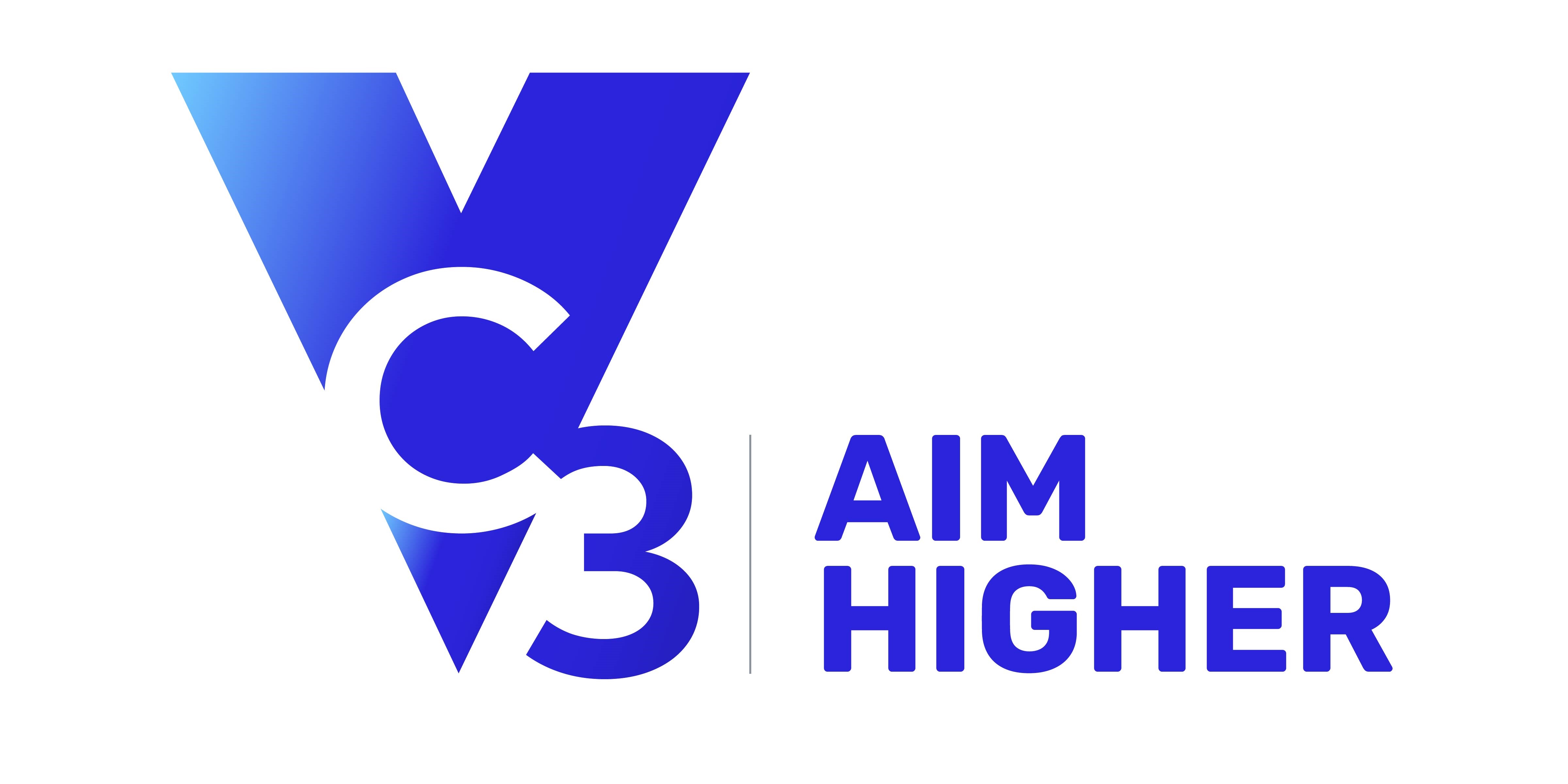Eastern Shore Grant Workshop
Join the Rural Maryland Council and the Maryland Heritage Areas Program for a grant information session and workshop on Tuesday, January 13, from 10 a.m. to 3 p.m.. Hosted by the Stories of the Chesapeake Heritage Area, Heart of Chesapeake Country Heritage Area, and Beach to Bay Heritage Area, this free event, sponsored by the Waterfowl Festival, is an opportunity to learn more about two state-level grant programs and hone your skills as a grant writer.


